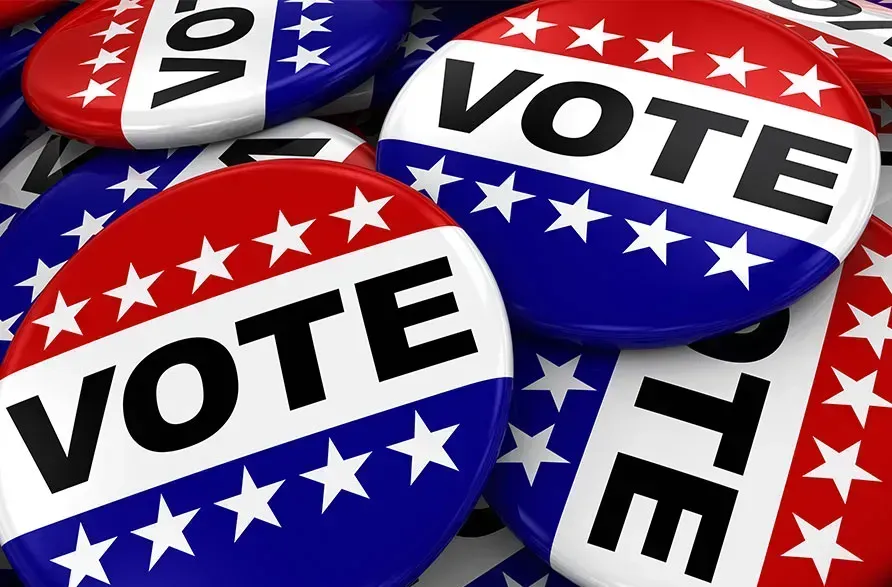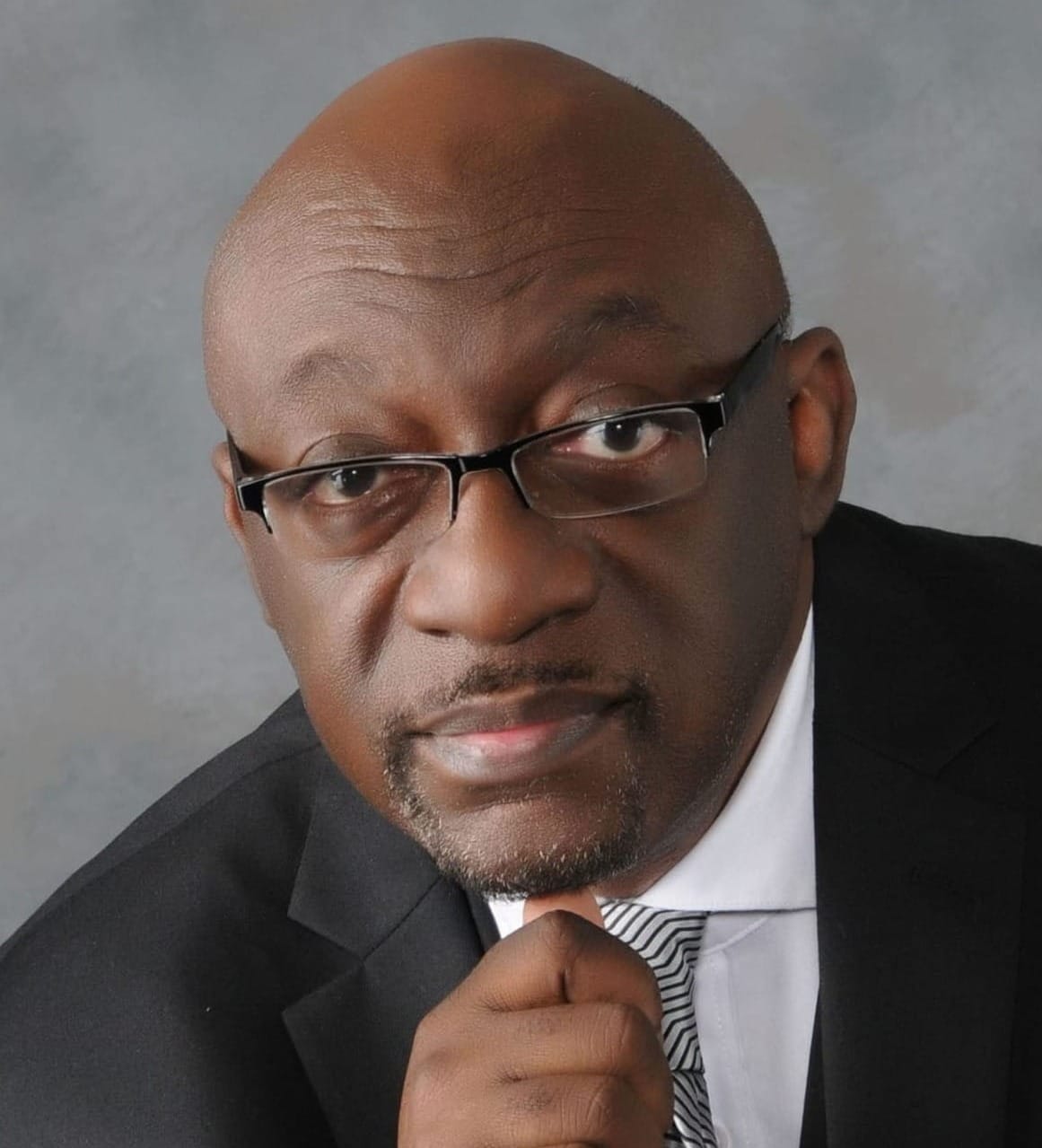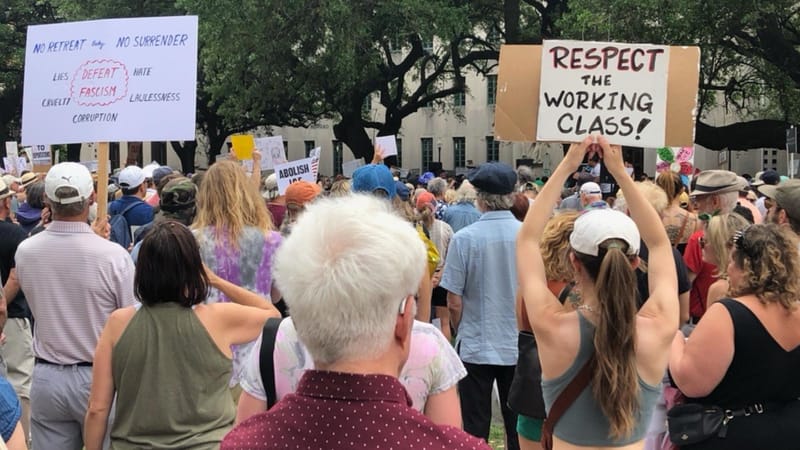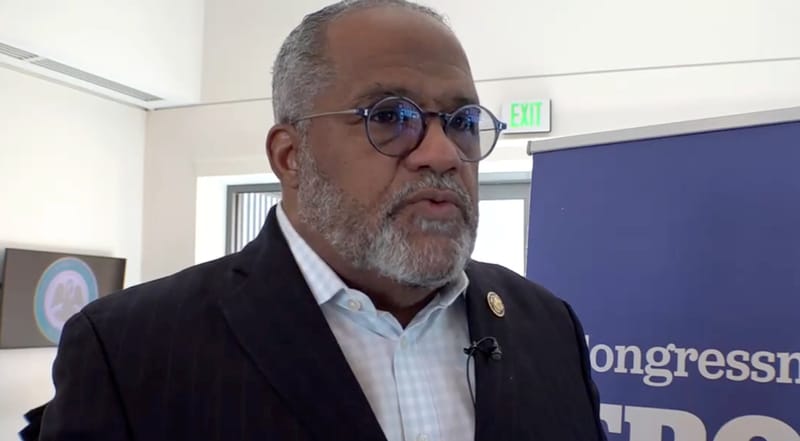Louisiana Voters Reject All Proposed Constitutional Amendments
Louisiana voters overwhelmingly rejected all four constitutional amendments on the ballot Saturday, delivering a resounding rebuke to Gov. Jeff Landry’s legislative agenda and his broader vision for the state’s future.
BATON ROUGE — Louisiana voters overwhelmingly rejected all four constitutional amendments on the ballot Saturday, delivering a resounding rebuke to Gov. Jeff Landry’s legislative agenda and his broader vision for the state’s future.
The amendments, which were approved by lawmakers in a special session last fall as part of Landry’s tax reform push, failed by nearly 2-1 margins across the board. Their rejection follows weeks of fierce opposition from activists and political leaders who warned that these measures posed a direct threat to social justice, economic equity, and civil rights in the state.
Prominent activist Gary Chambers, along with The Power Coalition and political commentator Roland Martin, were among the loudest voices urging Louisianans to vote “NO” on all four amendments. They argued that the proposed changes were not minor policy adjustments but rather dangerous political maneuvers that could have devastating and long-term consequences for Black communities, working-class citizens, and vulnerable youth.
See election results, click here.
In response to the election results, Landry made a controversial remark that many Louisianians found both insulting and revealing:
"We realize how hard positive change can be to implement in a state that is conditioned for failure," Landry said, attempting to frame the defeat as an obstacle rather than a clear rejection of his policies. His words sparked widespread backlash, particularly among communities that have spent generations fighting systemic inequities and political neglect. To many, Landry’s statement was not just dismissive—it was an outright indictment of the very people he was elected to serve.
Adding to the controversy was rapper and entrepreneur 50 Cent’s endorsement of Landry in recent months. The hip-hop mogul’s surprising support for the Republican governor raised eyebrows, particularly given Landry’s policies that many see as harmful to Black and working-class communities. While 50 Cent justified his endorsement by citing economic and business interests, critics argued that his backing of a leader pushing regressive legislation was a betrayal of the very communities that have long supported his career. With voters overwhelmingly rejecting Landry’s proposals, the rapper’s alignment with the governor may prove to be a miscalculation that alienates his core fan base in Louisiana and beyond.
AMENDMENT ONE: Special Courts and the Expansion of Judicial Power
This amendment would have granted the Louisiana Supreme Court new authority to discipline attorneys licensed outside the state who practice in Louisiana. Additionally, it would have allowed the state legislature to create specialty courts with limited and specific jurisdictions.
Supporters' Argument:
- Proponents said this measure would enhance oversight and ensure ethical legal practices within the state.
- Specialized courts could increase judicial efficiency by handling cases in distinct areas of law, such as business litigation, family law, or environmental disputes.
Opponents’ Concerns:
- Critics warned that granting the legislature the power to create courts with limited jurisdiction could lead to political manipulation of the judicial system, favoring the interests of those in power.
- There was no clear definition of what these specialty courts would be, raising concerns that they could be used to target marginalized communities or enforce selective justice.
- Activists argued this amendment opened the door for unequal legal protections under the guise of judicial reform.
AMENDMENT TWO: Education Funding and Debt Restructuring
The most complex proposal, spanning over 100 pages, sought to overhaul Louisiana’s convoluted revenue and finance system. One major provision would have liquidated education trust funds to pay off $2 billion in public school debt, with interest savings intended to fund teacher raises.
Supporters' Argument:
- Lawmakers across party lines backed the measure as a step toward fiscal efficiency, arguing that it would streamline government spending and eliminate waste.
Opponents’ Concerns:
- Critics warned that the plan lacked transparency and jeopardized the financial security of public education.
- Activists feared that liquidating trust funds would create a short-term fix at the expense of long-term educational stability, disproportionately impacting underfunded schools in Black and low-income communities.
- Voters rejected the amendment, unwilling to gamble with the state’s fragile education funding structure.
AMENDMENT THREE: Juvenile Justice Crackdown
In alignment with Landry’s tough-on-crime stance, lawmakers aimed to remove a constitutional list of crimes for which juveniles can be tried as adults—giving the Legislature more power to expand youth prosecutions.
Currently, prosecutors can charge individuals under 17 as adults for serious offenses like murder and rape. The proposed amendment would have made it easier to add crimes to that list, a change supporters claimed would provide flexibility in addressing violent crime.
Supporters' Argument:
- Supporters argued that the amendment would give lawmakers greater flexibility in responding to public safety concerns and violent crime trends.
Opponents’ Concerns:
- Opponents called the measure draconian, arguing that it ignored the root causes of youth crime, particularly in Black and low-income communities.
- Many warned that expanding youth prosecutions would disproportionately impact Black children, increasing mass incarceration rates without addressing systemic issues such as poverty, lack of education, and limited rehabilitation resources.
- Voters decisively rejected the proposal, pushing back against policies that disproportionately criminalize Black youth.
AMENDMENT FOUR: Supreme Court Vacancy Rules
Lawmakers also attempted to modify how judicial vacancies are filled on the Louisiana Supreme Court, proposing that openings be addressed during the next scheduled election rather than through costly special elections. This proposal followed the Legislature’s decision last year to eliminate the state’s long-standing "jungle primary" system for Supreme Court races.
Supporters' Argument:
- Proponents framed this amendment as a cost-saving measure that would streamline the election process and reduce unnecessary spending.
Opponents’ Concerns:
- Critics argued that the measure would grant legislators greater control over the judicial process, potentially allowing vacancies to be manipulated for political gain.
- Concerns were raised about whether delaying special elections could leave judicial districts without proper representation for extended periods, negatively affecting communities that rely on timely court rulings.
- Voters rejected the amendment, signaling their unwillingness to grant legislators more control over the judiciary.
A Message to Lawmakers
With every amendment soundly rejected, Louisiana voters delivered a thunderous message: They do not trust Landry’s leadership, nor do they believe in his vision for the state. The defeat of these proposals is more than skepticism—it is an outright refusal to hand over more power to a government that seems out of touch with the people it serves.
Landry’s remarks about Louisiana being "conditioned for failure" were not just insulting; they revealed a governor who blames the people for his political shortcomings. Rather than acknowledging voter concerns, Landry doubled down on a condescending narrative, further alienating communities already wary of his administration.
Prominent figures like Chambers and Martin helped drive voter turnout by warning that these amendments represented a coordinated effort to strip power from marginalized communities. Their grassroots efforts, along with mobilization by local activists, played a significant role in the widespread rejection of the proposed amendments.
The people of Louisiana have spoken decisively. If Landry and the Legislature continue pushing policies without transparency, accountability, and respect for the electorate, they should expect continued resistance at the ballot box.







